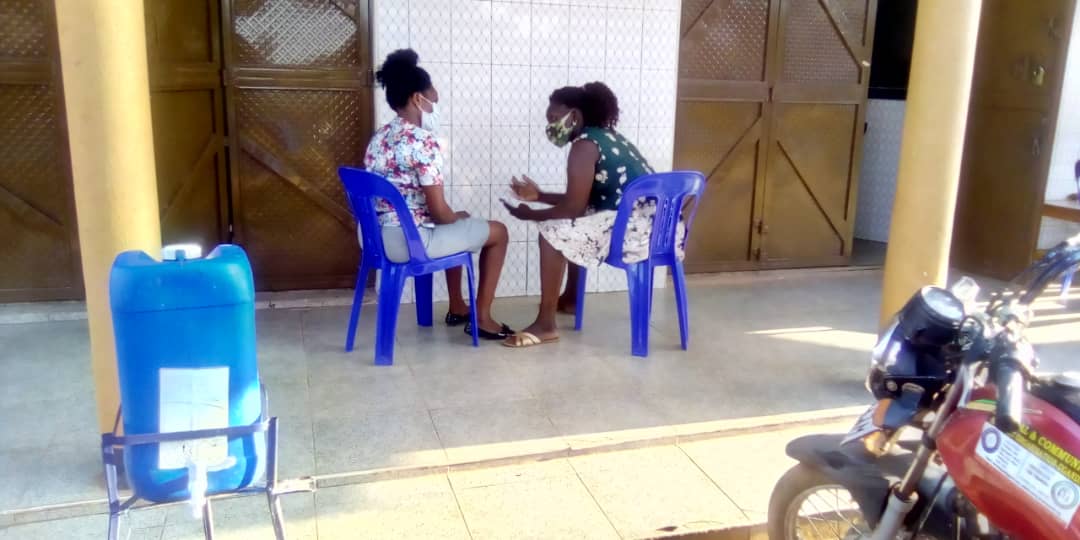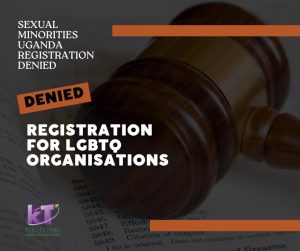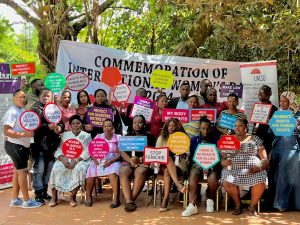Barbara Apio-BA our correspondent had a candid one on one conversation on cancer with a nurse in Lira, this is what she has to share.
BA: Thank you for accepting to do this interview with us, please tell us about yourself.
Nurse: My name is Jenifer Owani. I am a Health worker at Lira regional referral hospital and Drop-in Center coordinator at Health and Rights Initiative on improving access to SHRH services for Key populations under Rhites North Lango.
BA: Tell us about some of the services that you provide at the regional referral and at the drop-in center.
Nurse – We provide HIV services which include HIV prevention and care, Linkages, Viral load bleeding for key population.
– We also provide sexual reproductive health services which include STI treatment, family planning, post abortion care and cervical and breast cancer screening.
BA: What is Breast Cancer?
Nurse: Breast cancer Is a disease in which breast cells grow out of control in the three different parts of the breast. The different parts are the lobules, ducts and connective tissues.
BA: What are the types/Kinds of Breast cancer? And which is the most common among LGBTQI persons in the Lira community?
Nurse: – Inversive ductal pasenoma (begins in the duct and grows in other parts of the breast tissues).
– Inversive labla pasenoma (the cancer cells begin in the lobules and spreads out to the breast tissues).
BA: What are the signs of breast cancer? (can one tell that they have breast cancer)?
Nurse: Pain in the breast and the nipple.
– New lump in the breast or under the armpit.
– Swelling under the breast.
– Irritation in the breast.
– Redness of the nipple area.
– Nipple discharge. (sometimes, breast feeding mothers experience a bloody discharge instead of milk).
BA: How does one get the cancer cell in the body?
Nurse:- Cancer can be genetical sometimes but also be contracted through massive alcohol abuse and obesity.
BA: What are the effects of breast cancer?
Nurse: One can lose their breast in the process of treatment. And yes, there is treatment for cancer, and when the cancer is gotten early, the better.
BA: Can Breast cancer be treated?
Nurse: Yes, breast cancer can be treated and the types of treatment include, Radiation therapy (use of high energy rays to kill the cancer cells, surgery, chemo-therapy, hormonal therapy (blocks the cancer cells from growing).
BA: Is Breast Cancer curable?
Nurse:-O, it is not.
BA: Where can one get screening and treatment in Lira?
Nurse: Lira Regional Referral hospital offers all cancer screening types and there is a medical specialist and a whole team at the referral who screen, treat and create awareness about cancer.
According to Barbara, conclusively, the conversation on breast cancer is not well known to a lot of LGBTQI persons at grass root level. In fact, some LGBTQI persons think they are resistant to breast cancer. The health workers advise there’s need to continue sensitizing the community about breast cancer in order to create awareness.




